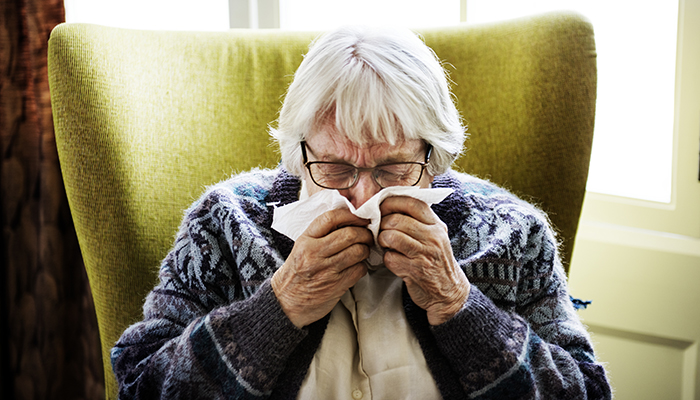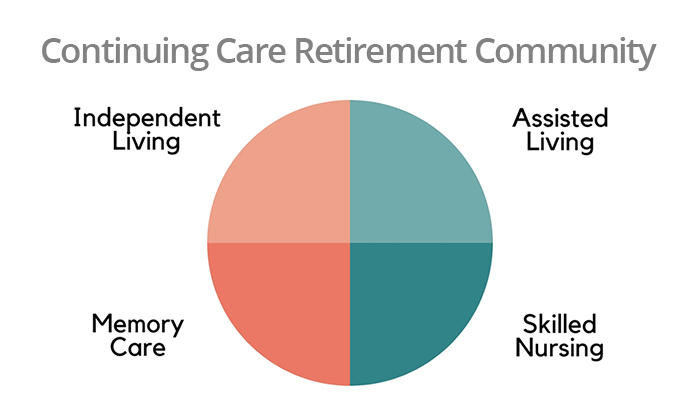
What we know so far is that COVID-19 is spread much like the regular flu—through coughs and sneezes that put droplets in the air and on surfaces. It may be 2–14 days after exposure before a person has symptoms. That means people can spread the virus without knowing it. And many have symptoms that seem…










